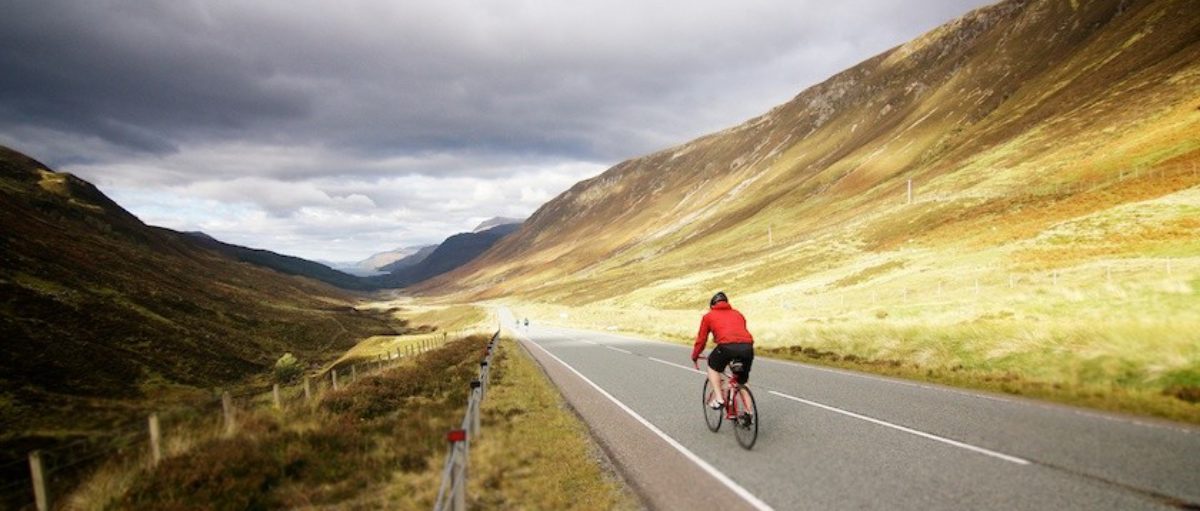 Our home for the next five days is in the mountainous Orosi Valley, in central Costa Rica. We are staying in a guesthouse on a hobby farm owned by an American couple. They have goats, chickens, geese, ducks, guinea fowl, three dogs and a cat. They’ve been here for eight years and cleared the land and built the farm from scratch. Ray, our host, tells me when they first arrived they brought dogs from the US, but with all the poisonous frogs, snakes and other dodgy critters in these parts they didn’t last long. He now has three very friendly Tico dogs. These dogs, he says, know instinctively what animals they should avoid. “It’s in their DNA.” This is a fascinating notion to me – that animals can be born with such knowledge. Obviously they haven’t evolved that way. But apparently it’s possible for learned behaviours to be passed on through generations. I want to learn more about this.
Our home for the next five days is in the mountainous Orosi Valley, in central Costa Rica. We are staying in a guesthouse on a hobby farm owned by an American couple. They have goats, chickens, geese, ducks, guinea fowl, three dogs and a cat. They’ve been here for eight years and cleared the land and built the farm from scratch. Ray, our host, tells me when they first arrived they brought dogs from the US, but with all the poisonous frogs, snakes and other dodgy critters in these parts they didn’t last long. He now has three very friendly Tico dogs. These dogs, he says, know instinctively what animals they should avoid. “It’s in their DNA.” This is a fascinating notion to me – that animals can be born with such knowledge. Obviously they haven’t evolved that way. But apparently it’s possible for learned behaviours to be passed on through generations. I want to learn more about this.
 The road up to Ray’s farm is single lane and roughly paved in concrete. It’s 1.5 km long and is the steepest stretch of road I’ve ever driven, with many hairpin switchbacks and very few places to pull over if you should encounter a vehicle coming the other way. As I’ve subsequently discovered, this type of road is not unusual here. It’s a very mountainous country and apart from the main “highways,” roads seem built to minimal standards.
The road up to Ray’s farm is single lane and roughly paved in concrete. It’s 1.5 km long and is the steepest stretch of road I’ve ever driven, with many hairpin switchbacks and very few places to pull over if you should encounter a vehicle coming the other way. As I’ve subsequently discovered, this type of road is not unusual here. It’s a very mountainous country and apart from the main “highways,” roads seem built to minimal standards.
Driving anywhere in this country is a challenge. The main highways are just two lanes, and with all the challenging terrain, are also very twisty, with very few straight sections and no passing lanes. That means if you find yourself behind a truck lumbering along at 30 kph for miles through the mountains – which are everywhere – you cross your fingers and pass on long curves, taking risks you’d never take at home. Everybody does it here, and somehow it works. If you always know that around any corner you might find a vehicle speeding toward you in your lane, you drive prepared for that. It seems to work. I haven’t seen any accidents yet.



